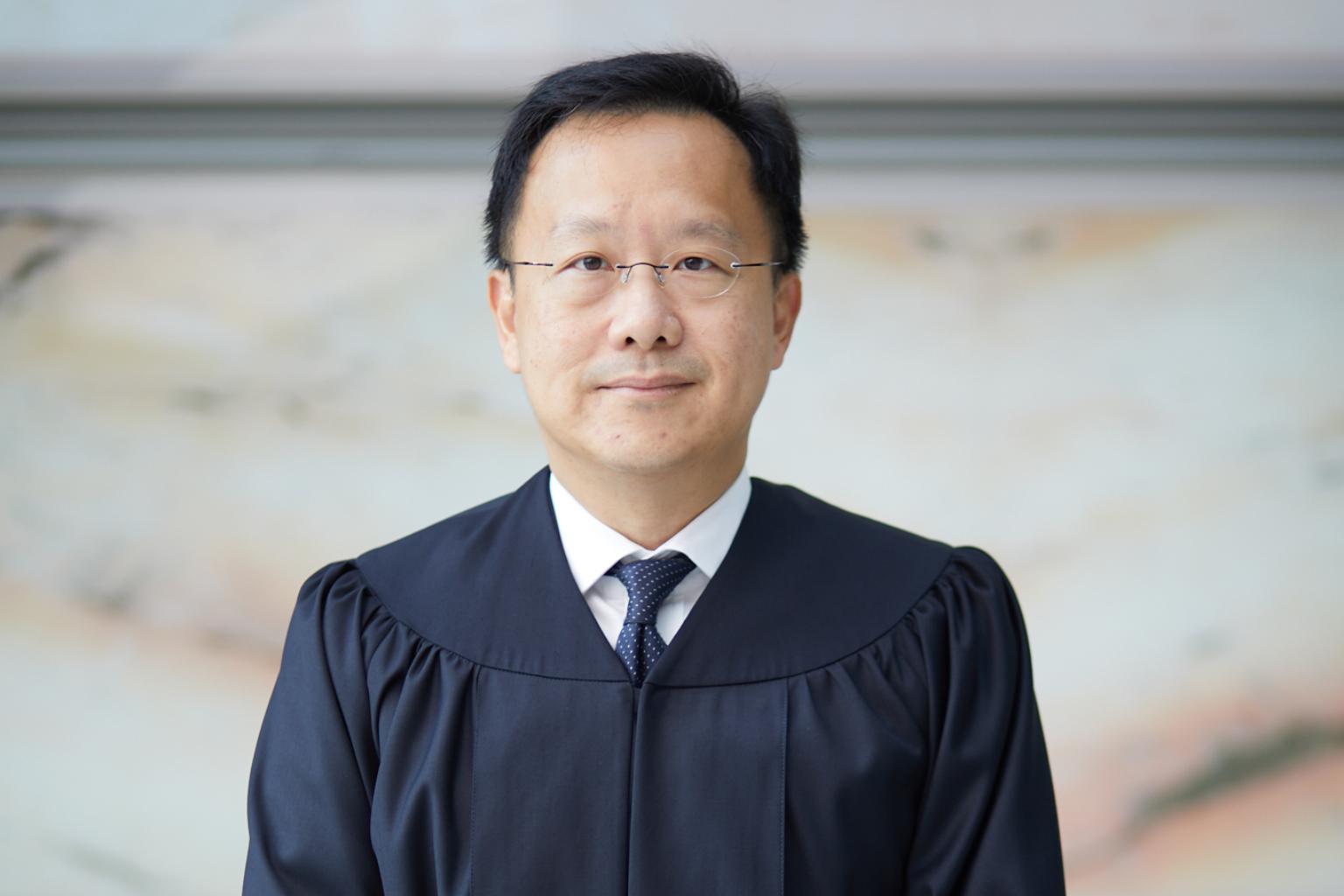Burden falls on Govt to prove statements are false
Sign up now: Get ST's newsletters delivered to your inbox

Justice Ang Cheng Hock said there is a "clear information asymmetry" between the Government and those whose statements are being challenged under Pofma.
PHOTO: PRIME MINISTER’S OFFICE
The High Court yesterday established that it is the Government that bears the burden of proof in a court appeal under Singapore's laws against fake news.
This means the Government must prove a statement is false to prevail in such cases.
In a judgment dismissing the Singapore Democratic Party's appeal against the Protection from Online Falsehoods and Manipulation Act (Pofma), Justice Ang Cheng Hock said there is a "clear information asymmetry" between the Government and those whose statements are being challenged under Pofma.
Noting that the parliamentary debates on the law had not shed light on the issue of where the burden of proof lies, he questioned if Parliament could really have intended to place such an onerous burden on the statement-maker.
"Unlike the minister, who is able to rely on the machinery of state to procure the relevant evidence of falsity, the maker of a statement often has to contend with far more limited resources," he said.
"For a statement-maker, who may be an individual, to bear the burden of proof would put him in an invidious position."
Justice Ang noted Pofma had also not specified who should bear the burden of proof.
But based on Section 103(1) of the Evidence Act "(w)hoever desires any court to give judgment as to any legal right or liability, dependent on the existence of facts which he asserts, must prove that those facts exist", he said.
In issuing a correction order under Pofma, the Government is seeking to curtail the right to free speech protected under the Constitution, the onus then is on the Government to prove the statements are false, he added.
He also said if the burden of proof were to fall on the other side, the Government would be able to succeed in dismissing a court challenge under Pofma even if no evidence is provided by either side to prove whether something is true or false.
In such a hypothetical situation, he said there will be no basis for the court to decide on whether a false statement had indeed been made.
This would mean the Government can prevail simply and solely by virtue of having issued correction directions in the first place, he said.
"In that sense, the court would in effect be fettered by the minister's earlier decision in issuing the correction direction," he added, and this would contradict the rules of Pofma, which state that the court should hear Pofma appeals afresh and not be bound by previous decisions.


